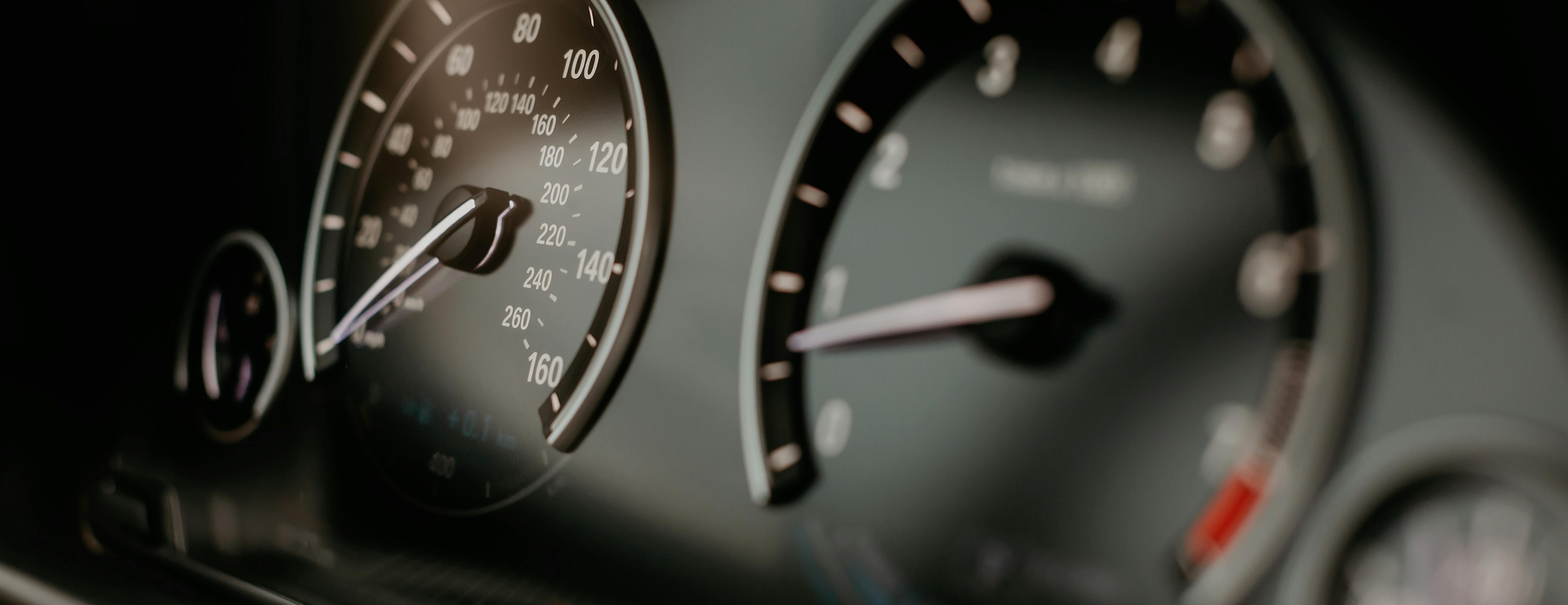
Engine and fuel choice is one of the most important decisions a car buyer will make. Do you go all in on the electric lifestyle? Do you dip your toes in with a hybrid? Or do you remain dedicated to your petrol or diesel engines?
Now that electric cars have matured enough to be seen as serious options in the market, the decision becomes even harder to make. But, with fuel and utility costs slowly making their way down, there are considerations to make no matter where you look.
To help you make that crucial choice, here, we shed some light on the current situation with petrol, diesel, and electricity.
How much is petrol?
Petrol prices now cost 135.54p per litre on average. That’s a 15p drop over the price of petrol from April last year, which was 150.6p.
How much is diesel?
Using data from RAC, we see that diesel currently costs 138.55p on average in the UK. The cheapest supermarket for diesel is Asda, at 134.7p. The most expensive supermarket is Tesco, at 135.1p.
How much is electricity?
At-home charging
As of June 2025, the Ofgem price cap puts electricity costs at 27.03p per kWh.
This cost is due to come down to 25.73p per kWh under the next price cap between 1st July 2025 to 30th September.
Public charging
For public charging points, we’ll use some more data from RAC.
According to them, different speed chargers will have different pence per kilowatt hour figures, making them over three times more expensive than at-home charging in the worst case scenario.
- Fast chargers (8-49kW): 71.09p
- Rapid chargers (50-149kW): 81.68p
- Ultra-rapid chargers (150kW+): 78.61p
What is the price cap?
The price cap is a limit on electric and gas costs that’s set by the UK’s energy regulator, Ofgem. It reflects the wholesale price but protects consumers from excessive swings in energy costs.

Petrol vs diesel vs electric costs
If we follow the figures we’ve just uncovered and apply some testing, we can quickly put things into perspective.
Petrol and diesel
Assuming a petrol/diesel tank size of 55 litres, filling a car with petrol could cost £74.55.
For a diesel car, you’re looking at £76.20.
Electricity
When it comes to electric cars, we’ll use some estimates for a mid-range battery capacity of 40 kWh.
To charge a car of this capacity, you’ll see a cost of:
- £10.81 (£10.29 under the next price cap) for at-home charging
- £28.44 with a fast charger
- £32.57 with a rapid charger
- £31.44 with an ultra-rapid charger
Cost per mile: electric cars vs petrol and diesel
By making some further assumptions around aspects like miles per gallon and electric vehicle range, we can determine the cost efficiency of petrol, diesel, and electric cars.
Assuming an average of 40 miles per gallon in a petrol car and 50 in a diesel, a full tank could get you 484 miles in a petrol car and 605 in a diesel.
This brings the cost per mile estimate to:
- 15p for a petrol car
- 13p for a diesel car
If we assume a 40 kWh EV has a range of 150 miles, the cost per mile ranges between 7p and 27p, depending on the type of charger used.

Which is the cheapest?
With a cost per mile of 7p, at-home charging is by far the cheapest way to charge an EV. However, it’s also the longest. The higher the output of a charger, the more costly it becomes. So, you need to make a choice: do you pay less to charge longer, or pay more to charge quicker?
Petrol and diesel cars can cost nearly twice as much to fill up compared to a full charge on an EV. Though, filling a car with petrol and diesel takes substantially less time compared to charging an EV, regardless of the charge speed.
Keeping you up to date on motoring news
The motoring market is always changing. From new cars to new technology, there’s a lot to keep track of. With MotoNovo, you can stay informed on all the relevant developments, whether that’s a change in fuel costs or new car releases. Stick to the MotoNovo blog to find out more.

